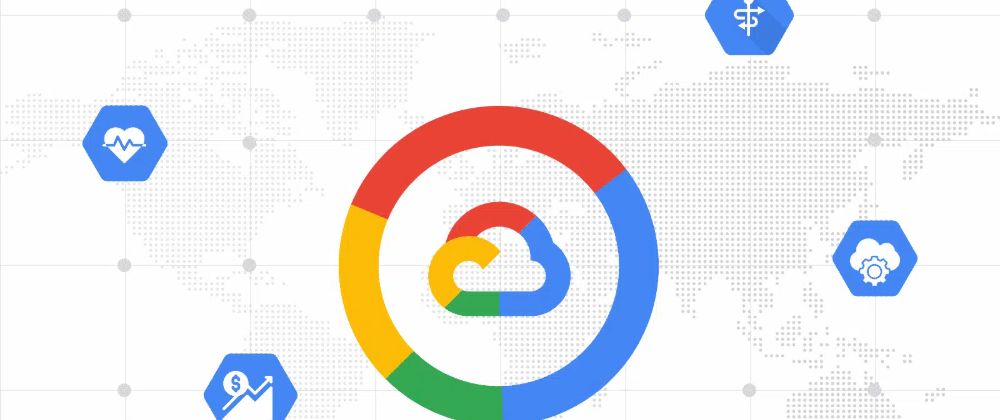In today’s digital age, cloud technology is redefining how healthcare organizations operate. With the surge in data, growing patient demands, and the need for seamless collaboration, healthcare providers are turning to advanced cloud services for support. Among the leaders in this space is Google Cloud, a platform designed to empower healthcare organizations with robust security, real-time analytics, and scalable infrastructure.
In this blog, we’ll explore the key benefits of Google Cloud for healthcare organizations and how it can revolutionize patient care, streamline operations, and ensure regulatory compliance.
1. Enhanced Data Security and Compliance
Data privacy is a top priority for healthcare organizations. With sensitive patient information being stored and shared, the risk of cyberattacks and data breaches is ever-present. Google Cloud offers industry-leading security features, including
Encryption at rest and in transit
AI-powered threat detection
HIPAA and HL7 compliance
Data Loss Prevention (DLP) tools
By adopting Google’s cloud services, healthcare institutions can ensure patient data remains secure and compliant with global healthcare regulations such as HIPAA, GDPR, and more.
2. Scalable Infrastructure for Better Performance
As healthcare systems grow, so does the demand for computing power and data storage. Google Cloud’s scalable infrastructure allows organizations to expand their operations without investing in costly on-premises hardware.
Benefits include:
Automatic scaling based on usage
Reduced infrastructure costs
Improved uptime and availability
High-speed performance for large-scale applications
This ensures hospitals and clinics can handle growing patient volumes and complex applications seamlessly.
3. Improved Collaboration and Data Sharing
Google Cloud makes it easy for healthcare professionals to collaborate in real time, even across different locations. Tools like Google Workspace, Google Meet, and Cloud Healthcare API enable smooth data sharing, virtual consultations, and team coordination.
Key features:
Secure file sharing and access controls
Integration with EHR (Electronic Health Records) systems
Real-time data synchronization between departments
Cross-team communication for faster decision-making
This improved collaboration leads to faster diagnosis, better care coordination, and improved patient outcomes.
4. Advanced Analytics and AI Integration
One of the most powerful aspects of Google Cloud is its ability to integrate AI and machine learning into healthcare workflows. Healthcare organizations can harness big data to gain valuable insights through:
Predictive analytics for patient care
AI-driven diagnostics and imaging analysis
Natural language processing (NLP) to extract data from clinical notes
Real-time dashboards and reporting tools
By using cloud services like BigQuery, Vertex AI, and Looker, hospitals can analyze vast datasets in seconds, enabling evidence-based decision-making and personalized treatment plans.
5. Disaster Recovery and Business Continuity
Google Cloud offers robust disaster recovery options to ensure healthcare organizations remain functional during emergencies. Data backups, high-availability zones, and multi-region replication ensure that critical systems stay online.
Benefits include:
Automatic data backup and recovery
99.99% uptime SLA
Reduced downtime and patient service interruptions
Peace of mind during cyberattacks or natural disasters
This level of reliability is crucial in the healthcare sector, where even a few minutes of downtime can have life-threatening consequences.
6. Cost-Efficient Solutions
Google Cloud’s pay-as-you-go model helps healthcare providers manage costs effectively. Instead of investing heavily in on-site servers, organizations only pay for the computing resources they use.
Advantages:
Flexible pricing plans
No upfront hardware costs
Automatic resource optimization
Budget management tools and forecasting
With cloud services, healthcare institutions can allocate more budget to patient care and innovation rather than infrastructure maintenance.
7. Interoperability with Existing Systems
Google Cloud is designed to integrate smoothly with legacy systems and modern healthcare platforms. It supports standards like HL7, FHIR, and DICOM, allowing seamless data exchange across devices and systems.
Interoperability ensures:
Faster integration with EHRs
Unified patient data view
Simplified workflows for doctors and nurses
Improved decision support through centralized data
This makes the transition to cloud services smoother, reducing operational disruption.
8. Support for Remote and Telehealth Services
In the wake of the pandemic, telehealth has become a critical component of healthcare delivery. Google Cloud supports virtual care solutions by providing:
High-definition video consultations
Secure remote access to health records
Scalable infrastructure for telemedicine platforms
Integration with mobile health apps
Patients can now receive quality care from the comfort of their homes, and doctors can reach more patients efficiently.
Conclusion
Google Cloud is not just a storage solution—it’s a comprehensive platform that helps healthcare organizations innovate, collaborate, and deliver better care. From data security and scalability to AI integration and cost savings, Google Cloud’s cloud services offer unmatched value for modern healthcare systems.
By embracing cloud technology, healthcare providers can future-proof their operations, enhance patient experiences, and lead the way in medical innovation.






Top comments (0)